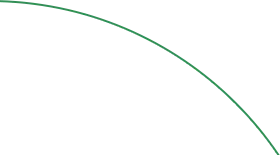



Advanced Mathematical Framework
A periodic function \(f(x)\) with period \(2L\) is represented as:
The complex form of the Fourier Series uses Euler’s identity to express a periodic function as a sum of exponential functions. It simplifies computations and is often used in higher mathematics and physics.
Relationship to Real Form Coefficients:
For n > 0:
For n = 0:
Before diving into complex coefficients, solidify this foundation:
e^(jnπx/L) contains BOTH sine and cosinecₙ automatically handles amplitude AND phasee^(jπx) back to cos + j·sin form
cₙ replaces both aₙ and bₙ
Frequency analysis and digital filters
Wavefunctions and spectral decomposition
Modulation techniques and data transmission
The use of complex exponentials simplifies analysis, especially in convolution and filtering.
All signal energy is concentrated in discrete frequencies indexed by n.
It unifies both sine and cosine terms into a single formula.
Using Period T = 2L:
Fundamental Frequency:
Magnitude and Phase: